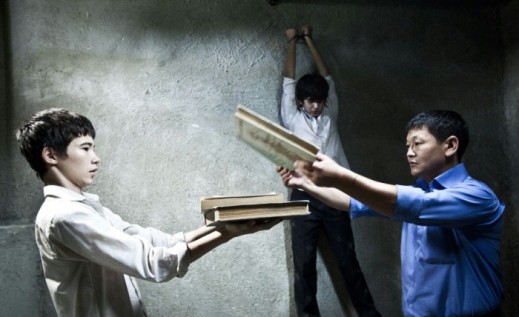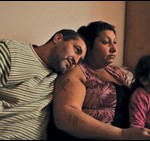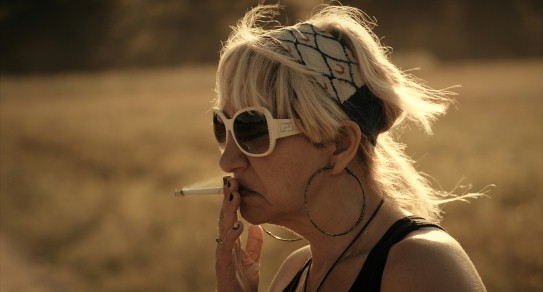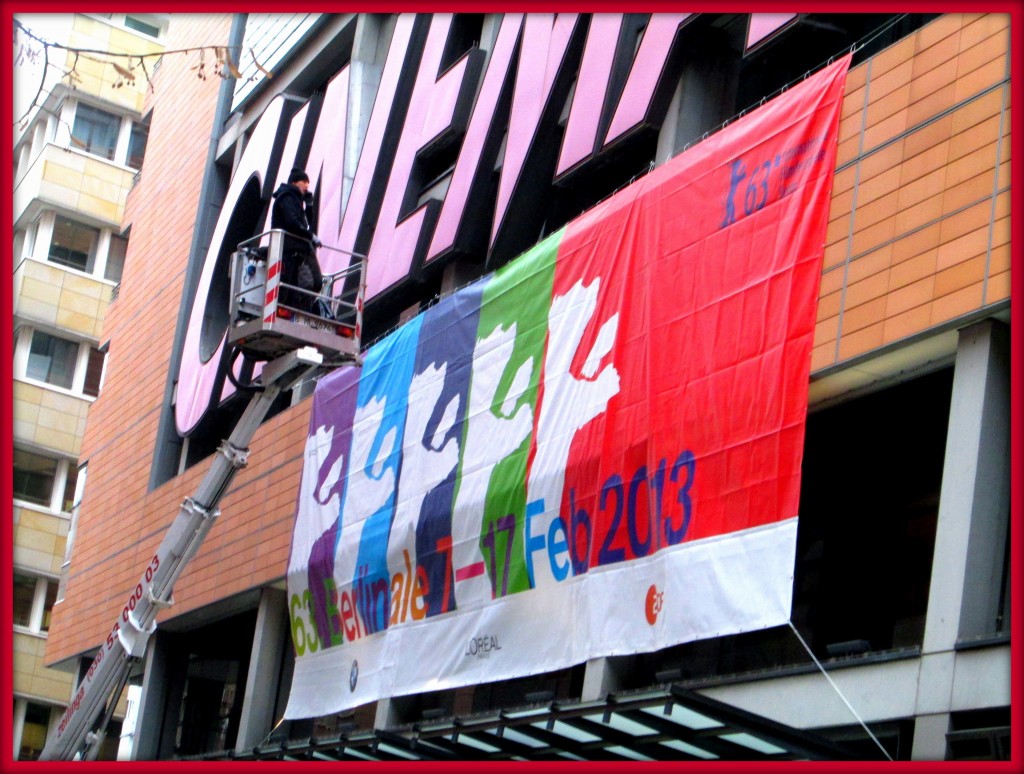On the last day of the 63 Berlinale I was lucky enough to see the Chilean film “Gloria” directed by Sebastián Lelio
Sebastián Lelio, born in Chile in 1974, graduated from Escuela de Cine de Chile and “Gloria” is his fourth feature film which has already won him the ‘Cine en Construcción’ industry award at the San Sebastian Film Festival. In 2012 Lelio was a guest of the DAAD Artists-in Berlin Programme.
In an interview for the German television broadcaster ZDF Lelio says that he first saw actress Paulina García when he was seven. Years later he became a film director and has always asked himself how come this amazing actress has never been given to play a leading role. He changed that with “Gloria” – a film that would “fit her like a glove”.
Gloria wants to live and dance, to love and be loved, to have a meaningful and sensual life. However, it turns out that this most human desire might not be that easy to realize when you are an approaching 60 divorcée, your children have their own life and you have all of those years ahead of you just with yourself. You have to be at least twice as strong to keep on going. Larger than life in order to chase away the emptiness and keep on singing with the radio while you drive down the Santiago highways.
To quote the director Sebastián Lelio: “Paulina is Gloria and Gloria is the film.” Indeed, the magnetic actress is giving us a brilliant, deep, moving and emotional performance that most deserved won her this year’s Silver Bear for Best Actress.
If you feel like going to the movies, go and see “Gloria”. After the film you would leave the theater hall, humming the words of Umberto Tozzi’s song “Gloria” and out of the blue you might feel … happy and full with lust for life.
Here are three video excerpts from the film together with two interviews in English with the director Sebastián Lelio (who apart from being talented turns out to be very very charming as well):
http://www.critic.de/film/gloria-5117/trailer/
http://www.arte.tv/de/gloria-von-sebasti-n-lelio/7311634,CmC=7317814.html
http://www.zdf.de/ZDFmediathek/beitrag/video/1840890/Sebasti%25C3%25A1n-Lelio-zu-seinem-Film-Gloria












